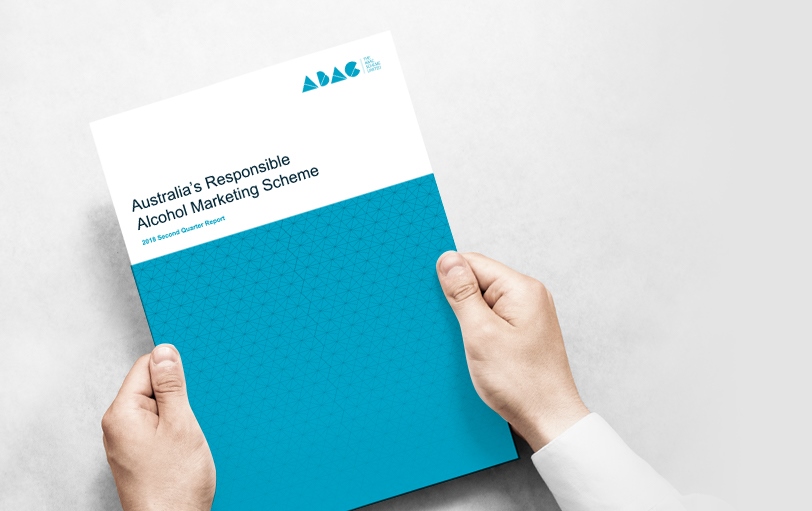
New research to explore public perceptions of alcohol marketing has found that recent rulings under the ABAC Responsible Alcohol Marketing Code mostly reflect community standards. However, research firm JWS Research found that awareness of Ad Standards, ABAC and the Responsible Alcohol Marketing Code is not widespread while familiarity with emerging alcohol related words, like “juice NEIPA” for example, was low.
The research expanded on prior research undertaken in 2013 and 2017, surveying 1,500 people to explore current public perceptions of alcohol marketing and whether decisions made by the ABAC Complaints Panel align with the understanding of a “reasonable person”. In 2021, alcohol complaints represented 6 per cent of all marketing complaints received by Ad Standards.
Of the 14 advertisements tested, which included ones from Colonial Brewing, Hop Nation and One Drop, complaints about eight of those advertisements had been upheld by ABAC and six had been dismissed.
Only two of the 14 advertisements were considered unacceptable by the majority of community respondents prior to being exposed to the Code standards. Yet after being exposed to the Code, there was closer agreement between respondents and ABAC Complaints Panel decisions.
When testing whether Code standards had been applied by the panel consistently with how they would have been applied by a majority within the community, the panel had alignment with the community on all but one of the advertisements, which it conservatively upheld.
“This confirms the high standards the ABAC Responsible Alcohol Marketing Code sets for alcohol marketing in Australia,” chair of The ABAC Scheme, Harry Jenkins AO, said. “ABAC is committed to maintaining the high standards set by the Code for alcohol marketing in Australia and will use the research to assist in its periodic reviews and ongoing evaluation of the Code’s standards and effectiveness.”
Most respondents (60 per cent) said they have had no concerns about alcohol advertising, labelling or packaging over the last 12 months. Less than a third (29 per cent) said they are concerned, with only 7 per cent “very concerned”.
The research did find awareness of Ad Standards, ABAC and the Responsible Alcohol Marketing Code is not widespread, with just 35 per cent of respondents aware that they can complain to Ad Standards about alcohol advertising. Awareness of ABAC and/or the Responsible Alcohol Marketing Code was lower at 17 per cent while the familiarity with unusual alcohol terms used for emerging alcohol categories was low. For example, only 11 per cent connected the words “juice NEIPA” with alcohol.
In a statement ABAC said: “The Code’s content standards appear to reflect community expectations for alcohol marketing and in some cases, appear to be more conservative. Of the 24 per cent of people that said they had read, seen or heard something about alcohol advertising, packaging or labelling in the last 12 months that concerned them, their main concerns are already covered by the Code. There is strong support for current ABAC restrictions around the promotion of alcohol to people under 18.
“The ABAC Management Committee has no intention of lowering the high standards set by the Code for alcohol marketing in Australia.
“ABAC notes that awareness of Ad Standards, ABAC and the Code is not widespread and that a portion of people concerned about an alcohol marketing communication do not complain. ABAC will utilise the research insights to assist in its periodic reviews and ongoing evaluation of the Code standards and the ABAC Scheme.”
